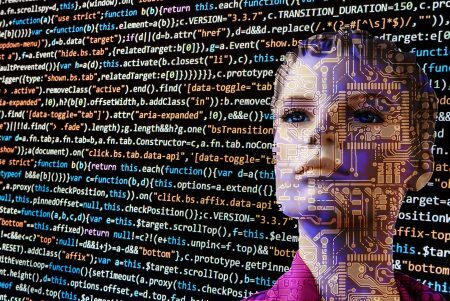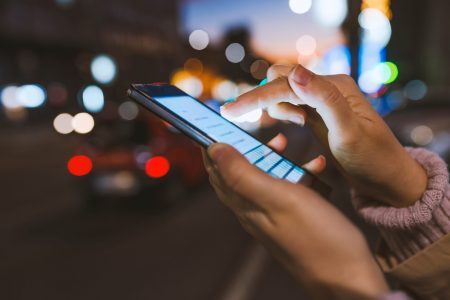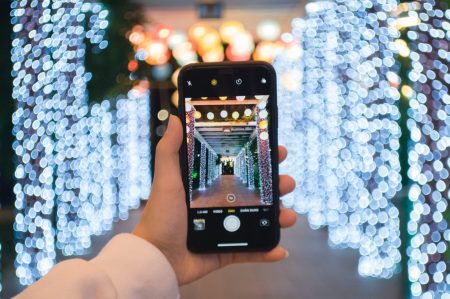The stunning successes of artificial intelligence would not have happened without the availability of massive amounts of data, whether its…
Browsing: The Conversation
Research shows that students are motivated to learn language through watching foreign language television programs. In the world of professional sports, baseball players, ice-hockey players and football managers have also claimed that television was a key resource for their language development.
The link between hot weather and aggressive crime is well established. But can the same be said for online aggression, such…
There are so many different equations claiming to predict marathon performance. But these are not always very accurate because predicting marathon performance is difficult. However, in our new study, we showed that analysing the abundance of data produced during training and racing by wearable fitness trackers may be helpful. We found it’s possible to calculate a critical speed value that we can use to predict a runner’s marathon time with a good degree of accuracy.
Undoubtedly you’ve heard reports that hackers and even foreign governments are using social media to manipulate and attack you. You may wonder how that is possible. As a professor of computer science who researches social media and security, I can explain – and offer some ideas for what you can do about it.
While Apple still views itself as an innovator, critics point out many of its product innovations in recent years have been incremental – with calls for an entire new product category. And consumers have been finding it increasingly hard to distinguish between Apple and competitors like Samsung.
Emotions are the newest hot commodity, and we can’t get enough. Since the beginning of the COVID-19 pandemic, we’ve come…
Those of us who grew up in the 1980s remember the fictional crime-fighting hero Angus “Mac” MacGyver. He could seemingly create anything to get him out of a sticky situation using common household objects such as a magnifying glass and some duct tape.
SpaceX’s recent Falcon 9 rocket launch proves humanity has come leaps and bounds in its effort to reach other worlds. But now…
Pokémon Go is set to take AR to a new level. A new feature within the game will encourage players to create and upload 3D scans of real-world locations.










